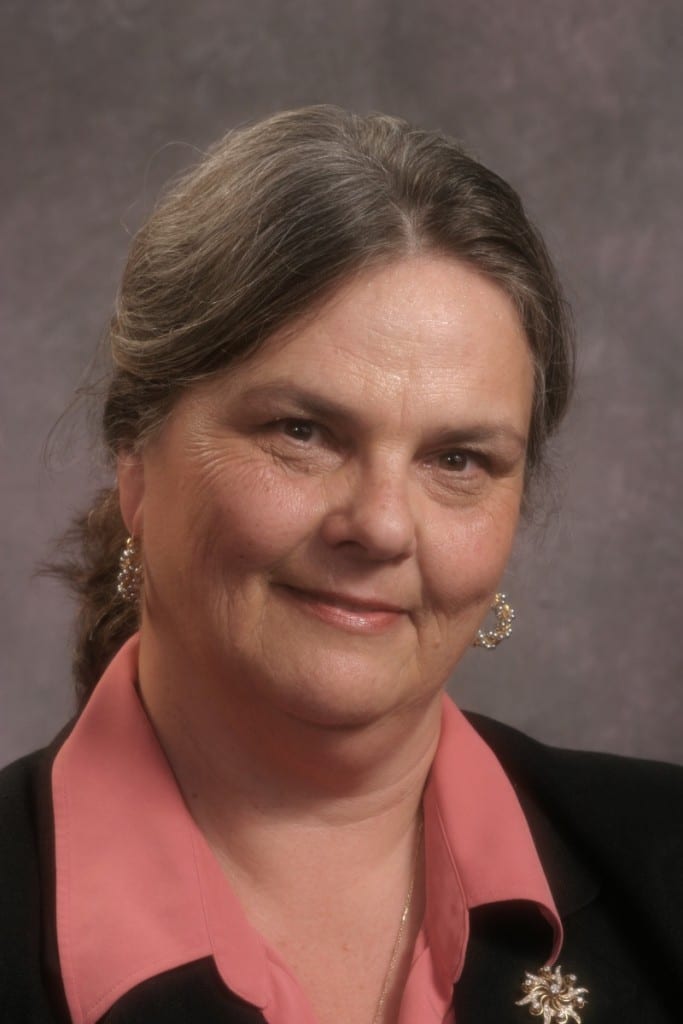After earning her master’s degree from the University of Chicago, Marjorie Shultz taught history and political science at George Williams College in Illinois for five years. She then worked in Washington, D.C., researching a book on political change, serving as a research and development officer for Antioch School of Law, and participating in various political campaigns. She was also active in the founding of the National Women’s Political Caucus.
After graduating from Berkeley Law, Shultz joined the law school’s faculty in 1976. She has authored numerous articles on medical research, informed consent, and health care law, as well as commentaries on the intersection of contracts, feminism and family issues. Shultz is a co-author of Whitewashing Race: The Myth of A Color-Blind Society (2003). Other recent publications include “Conflict of Interest and the Law’s Role in Medical Research Ethics,” published as part of a collection by the University of Lausanne, and an essay review of Margaret Radin’s book Contested Commodities in the California Law Review. She has also written essays such as “Balancing Acts: Work and Care Under the FMLA” (with Stephanie Bornstein); “Insuring Fairness”; “Gender and Race Bias in Medical Treatment” (with David Oppenheimer); “Death Does Us Part”; and “Genetic Diagnosis and the Abortion Paradigm,” for the Journal of Gender-Specific Medicine.
Shultz served as a member of the Legal Advisory Group for the Clinton Health Security Act in 1993. She also was a member of the founding advisory committee for NIH’s Office of Research on Women’s Health. She speaks and consults on legal issues in health care law and ethics for hospitals, medical groups, health industry organizations, and such national policy agencies as the Centers for Disease Control, the National Cancer Institute, and the Department of Public Health Statistics. Shultz also consults on cases involving issues such as reproductive technology, obligations of health care organizations, and consumer contracts. She is a member of the Scientific Advisory Board of the Journal of Gender-Specific Medicine (published by Columbia College of Physicians and Surgeons), the Board of Directors of Equal Rights Advocates of San Francisco, and the Executive Committee for the Center on Medicine, Humanities and Law. She also serves on a number of other health and research boards and committees including her co-directorship of the Berkeley Stem Cell Center’s California Institute for Regenerative Medicine (CIRM) Law Scholars program.
In recent years, Shultz was a principal investigator with Sheldon Zedeck of the Berkeley Psychology Department for an empirical research project funded by the Law School Admissions Council. The purpose of this five-year project was to develop predictors of lawyering effectiveness that could be used in law school admissions decisions. The final report from that research is here.
Shultz was awarded the UC Berkeley Distinguished Teaching Award in 1983. In 2000 she received the Society of American Law Teachers’ Achievement Award for her contributions to legal education and equality. She has been a visiting professor at UC San Francisco Medical School, the University of Colorado, and UC Davis.
Education
B.A., College of Wooster (1962)
M.A.T., University of Chicago (1964)
J.D., UC Berkeley School of Law (1976)
